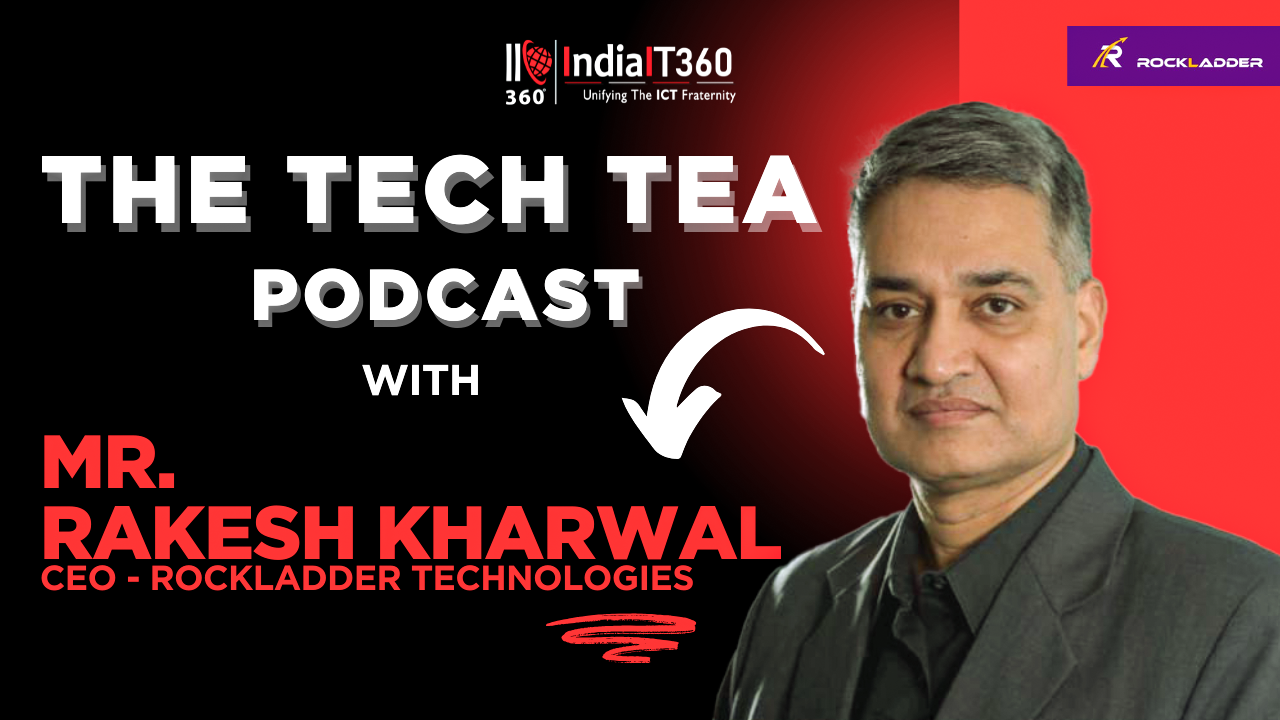Sat, Jul 19th 2025
Leaders Tech Talk: SSPM: The Next Frontier in Cloud Risk Visibility
Startups, Are You Looking For Funding?
Startups, Are You Looking For Funding?
Startups, Are You Looking For Funding?
Team IndiaIT360
Write With Us
IndiaIT360 is passionate about fostering community within the tech industry. IndiaIT360's commitment to staying abreast of the latest trends and advancements in the IT industry ensures that their content is not only informative but also insightful and forward-thinking. Through their writing, they aim to demystify complex technological concepts, making them accessible to a broad audience.


































